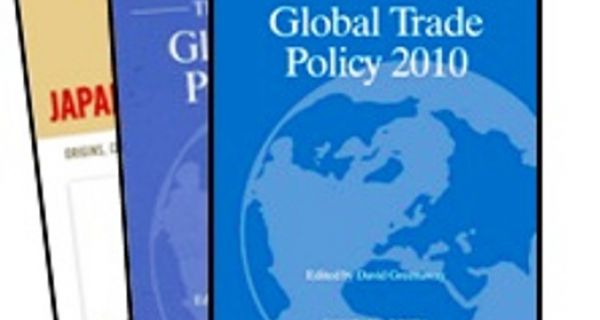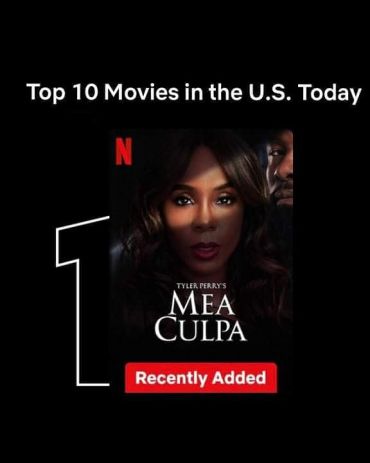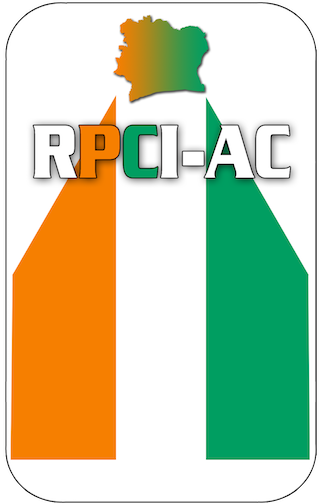World economy : Brave new third world strategies for survival in the global economy !
Par Ivoirebusiness – Focus on the assault on sovereignty” nowadays.

It is ironic that foreign loans, once regarded as congenital to economic
independence, ultimately became the instrument for the new subjugation.In the
1970s,third world reaction to abusive practises by multinational corporations
and the commercial banks' intense competition for new profitable outlets for
their opec deposite made bank loans the chief channel of capital to the third world. Dealing with the bankers gave third world government officials the illusion of sovereignty. The emergence of this false sense of calling the shots is aptly described by "Feinberg"":
The rise of the commercial banks as the chief channel for capital transfer
alleviated many problems. In the past, "LDCs"(less-developed countries) were at
disadvantage in bargaining with "MNCs"(multinational corporations) because "LDCs"
had to compete against each other in offering a favorable investment climate.
With the arrival of the banks, the tables turned.
Central bankers in the third world could afford to leave executives waiting
in anterooms, as the bankers bid against one another to "sell" their money.
But with the mexican debt crisis of 1982, the table turned again, this time against the heaviliy indebted third world governments.
The commercial banks formed a cartel and appointed the international Monetary
Fund to be their negotiator, bill collector, and enforcer. The problem was how to keep interest payments coming in and thus report report paper profits to stockholders. The solution was to offer the nearly bankrupt countries new money to pay the interest coming due, but only on condition that they accept an "IMF"-
devised structural ajustment program consisting of sharp devaluation of currency, cutbacks insocial expenditure, elimination of subsidies for basic commodities, and wage cuts. The theory was that thgis biter medecine would force the "sick" economies to become efficient exporters, earning the foreign exchange necessary to service their debt.Most submitted, including "NIGERIA",
AND "Ivory coast in 1993 which elected to preserve the fiction of sovereignty
by rejecting the "IMF" loan while unilaterally imposing a harsch adjustment
program that won plaudits from the fund.
Given the immense suffering involved and hot and heavy rhetoric calling for an end to "debt slavery", one would have expected rebellions in the form of debt repudiation. IN the eighties nationalist leader from BURKINA FASO was the only one to support a debt repudiation strategy in WEST AFRICA!
What is astonishing is that not a single penny of debt has been formally
repudiated by third world debtors since 1982.The first case in which the commercial banks declared a country in default occured in 1987, and, as ROBERT
WOOD notes, the relatively small debtor involved "north KOREA", quickly backed down and came to terms with its creditors.
IN THE IVORY COAST ,without doubt the next generations will point out a debt
repudiation ,knowing how much the country is indebted since head of state "Alassane OUATTARA" took over. WHAT COMES AROUND CAN ALSO GO AROUND!
(YVES T BOUAZO)(follow up and conclusion are from the staff of ivoirebusiness-
("official sources":brave new third world? from "WALDEN BELLO"-"INSTITUTE FOR FOOD AND DEVELOPMENT POLICY-CALIFORNIA-USA)













